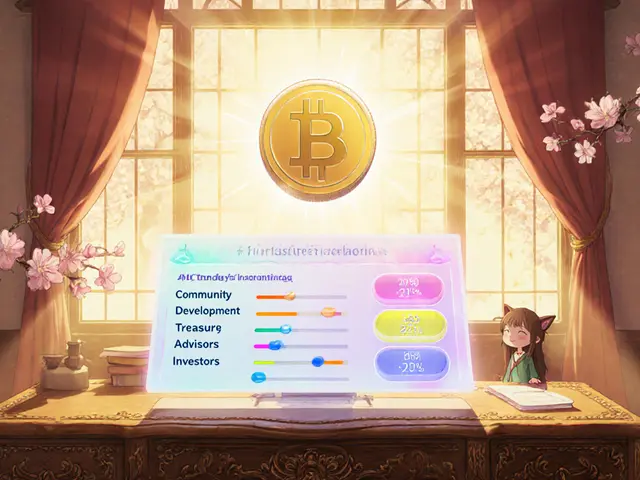Crypto Fees – What They Are and Why They Matter
When dealing with crypto fees, the charges you pay each time you move, trade, or store a digital asset on a blockchain. Also known as transaction costs, they show up in every wallet, exchange, or DeFi app you touch. Crypto fees aren’t just a random number; they reflect the underlying network activity, the resources miners or validators consume, and the business model of the platform you use. Understanding them helps you avoid nasty surprises on your statements and lets you plan smarter moves.
Key fee types and what drives them
One of the most visible fee categories is gas fees, the cost paid to miners or validators for processing transactions on networks like Ethereum. Gas fees rise when the blockchain is busy, because users compete to have their transactions included first. Another major player is exchange fees, the percentage or flat charge a crypto exchange adds to every trade. These fees vary by platform, trading volume, and whether you’re a market maker or taker. A third element that often gets overlooked is network congestion, the state of a blockchain when many transactions are waiting to be confirmed. Congestion spikes gas fees and can delay withdrawals, making timing a crucial part of cost management. Finally, some wallets impose transaction fees, a small amount taken to cover the network’s basic processing costs, which differ from exchange fees because they go directly to the blockchain, not the platform. Together, these four entities shape the fee landscape: crypto fees encompass network congestion, gas fees require understanding of blockspace pricing, and exchange fees influence your trading strategy.
What you’ll see next is a curated list of articles that break each of these pieces down further. From deep dives into how Bitcoin’s block size affects fee volatility, to step‑by‑step guides on lowering gas costs on Ethereum Layer‑2s, and practical checklists for comparing exchange fee schedules, the collection gives you actionable insights you can apply right away. Whether you’re a beginner watching your first withdrawal or a seasoned trader fine‑tuning your profit margins, the posts below will help you keep fees in check and make more informed decisions.
Understanding Cryptocurrency Transaction Fees: How They Work & How to Save
Learn what cryptocurrency transaction fees are, why they vary across blockchains, and how to keep costs low with practical tips and future trends.





